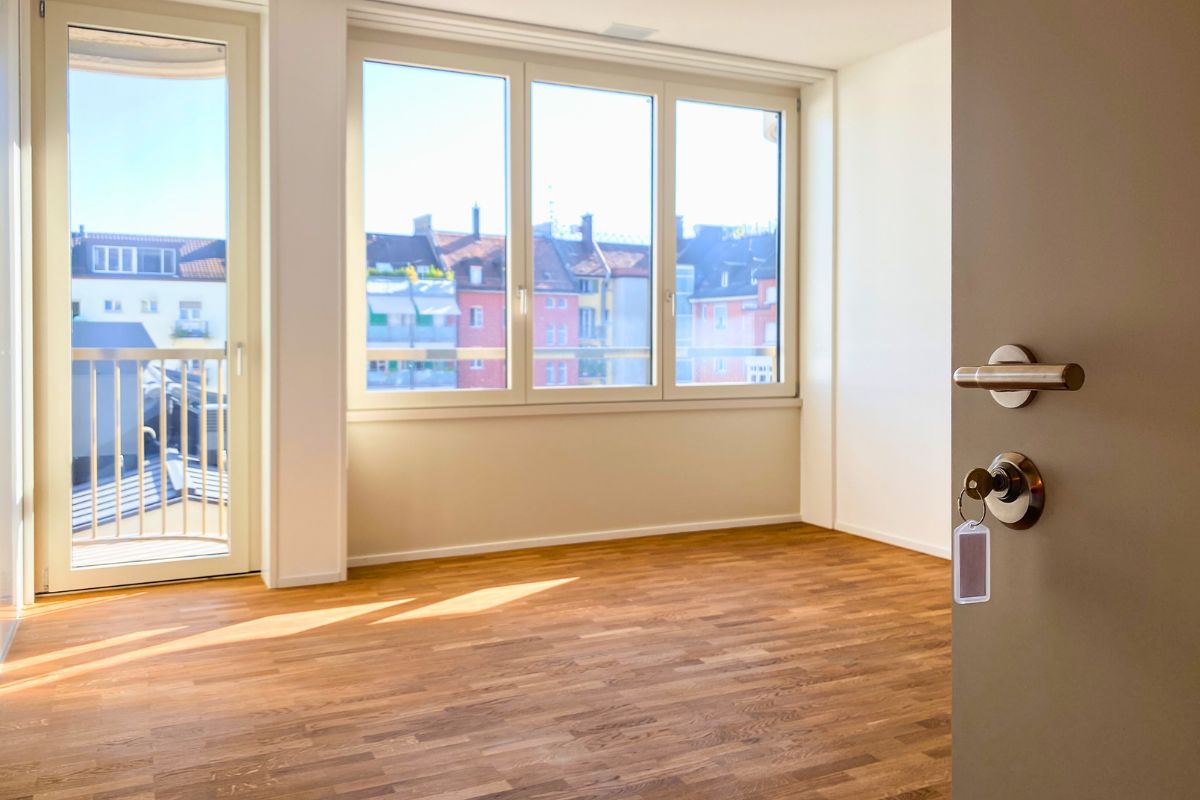How to Move to London and Find a Home: A Guide for Expats

Moving to London is an exciting adventure, but finding a place to live can be one of the biggest challenges. The city’s competitive rental market, high demand, and varying regulations can make securing accommodation overwhelming, especially for expats unfamiliar with the process. This guide will help you navigate the London rental market and find a home that suits your needs.
Table of Contents
Toggle1. Understanding the London Rental Market
London’s housing market is fast-moving, with properties often being let within days of listing. Rent prices vary significantly depending on the area, proximity to transport links, and the type of property. Central locations such as Westminster and Kensington are more expensive, while areas like Stratford or Wimbledon offer more affordable options with good connections to the city.
Key Considerations for Expats:
- Budgeting: Rent in London is typically paid monthly and does not always include bills.
- Lease Terms: Standard tenancy agreements last for 12 months, with a six-month break clause being common.
- Furnished vs. Unfurnished: Many properties come furnished, but some landlords offer flexibility.
2. Where to Start Your Search
To find a rental in London, you can use various platforms and agencies:
- Online Portals: Rightmove, Zoopla, and SpareRoom are popular for searching listings.
- Estate Agents: Many agencies specialize in specific boroughs, so finding a local expert can be helpful.
- Networking: Asking colleagues or expat groups for recommendations can lead to hidden rental opportunities.
3. The Role of Inventory Checks
When renting in London, an inventory check is a crucial step before moving in. Professional inventory companies in London help document the condition of the property at the start of the tenancy, protecting both tenants and landlords from disputes over damages.
4. Securing a Rental Property
Once you find a suitable property, you will need to act quickly. Landlords typically require:
- Proof of income (such as payslips or employment contracts)
- References from previous landlords
- A security deposit (usually five weeks’ rent)
- A UK-based guarantor (for tenants without local credit history)
Some landlords may request full or partial rent payment upfront if you don’t have a UK credit history.
5. Signing the Tenancy Agreement
Before moving in, you will sign a tenancy agreement outlining the rental terms. Additionally, an inventory and check-in report will be conducted to record the property’s condition. Reviewing this document carefully ensures that you are not held liable for any pre-existing damages when you move out.
6. Settling Into Your New Home
After securing your rental, you’ll need to set up:
- Utility Bills: Gas, electricity, and water accounts
- Council Tax: A mandatory tax paid to the local borough
- Internet & TV Services: Various providers offer broadband packages
Joining local expat groups and exploring your new neighbourhood will also help make your transition smoother.
Conclusion
Finding a home in London as an expat requires preparation, quick decision-making, and an understanding of the rental process. By researching the market, working with estate agents, and ensuring a thorough inventory check before moving in, you can secure a comfortable and hassle-free rental. With the right approach, settling into London life can be an exciting and rewarding experience.
Published by Carol Jones
My aim is to offer unique, useful, high-quality articles that our readers will love. Whether it is the latest trends, fashion, lifestyle, beauty , technology I offer it all View more posts
Recent Post
What to Expect During Your MOT in London







